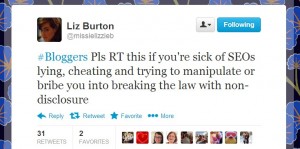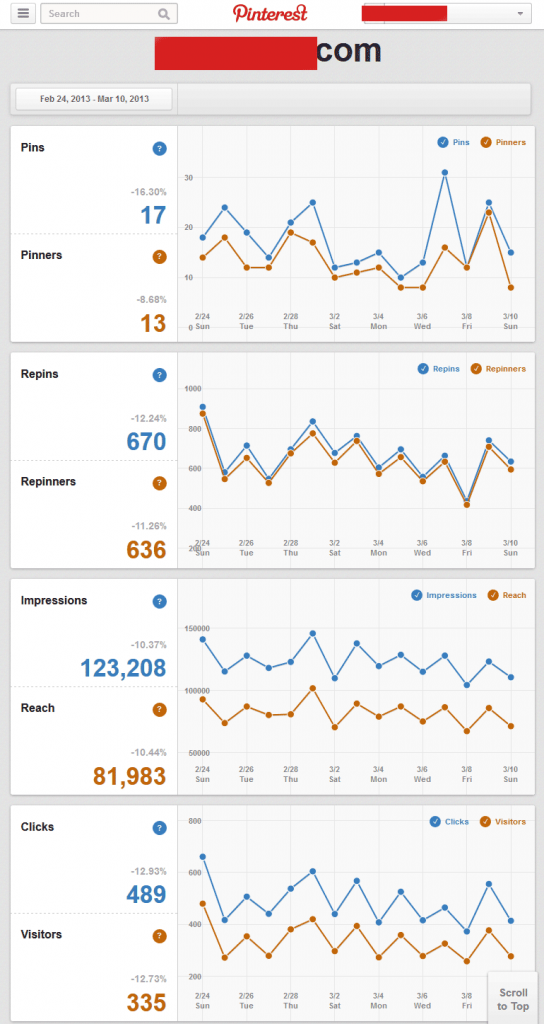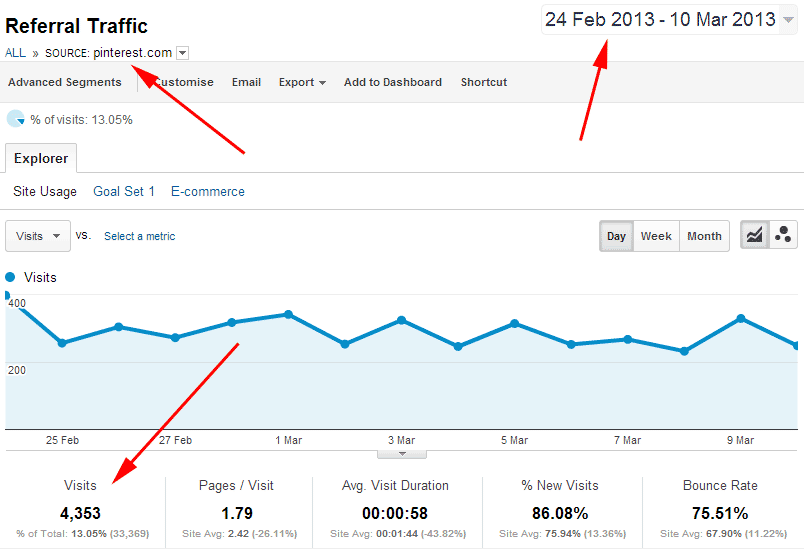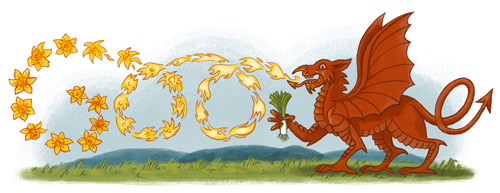
I found this post a bit awkward to write as a blogger and the person who is responsible for all our blogger outreach. I’d be lying if I said we weren’t hoping for a few follow links when we embark on a Blogger Outreach Campaign. However, we would never try to deceive a blogger to get one.
As a blogger, I receive approximately 10-12 requests a day from SEOs and PR companies to review products or to host sponsored posts. My standard response is:
‘thank you for getting in touch, I currently do not accept paid for sponsored posts as they are against Google’s Terms and Conditions unless it is a no-follow link. If this is of interest please do get in touch’
‘You are more than welcome to send a product for review, however, to comply with the ASA and google, the post will contain a full disclosure and the links will need to be no-follow’
Unscrupulous Marketers
Nine times out of ten I never hear back from them. However, a few of the Black Hat’s will try it on. On one occasion the PR/SEO came back and said ‘we work with bloggers all the time and it’s okay not to include a disclosure we do it all the time or sorry my client won’t go for that.’ It seems they will stop at nothing to get a link.
Non-disclosure is breaking the law
It clearly states in ISBA Guidelines on the Payment for Editorial Content to Promote Brands within Social Media, July 2012 that this is not the case. If you haven’t already do make yourself aware of this document.
‘The Consumer Protection from Unfair Trading Regulations 2008 (CPRs) specifically prohibits “using editorial content in the media to promote a product where a trader has paid for the promotion without making that clear in the content or by images or sounds clearly identifiable by the consumer (advertorial).”
And it also goes on to say:
Google’s webmaster guidelines explicitly state that paid-for links should have the ‘nofollow’ attribute, and brands found breaking these guidelines are routinely de-indexed by Google.
So what do we do?
 To keep on the right side of Google and the law encourage your bloggers to fully disclose in the body of the blog post when payment has been received and to make any links no follow.
To keep on the right side of Google and the law encourage your bloggers to fully disclose in the body of the blog post when payment has been received and to make any links no follow.
In terms of SEO this isn’t brilliant but just remember that every time you get a link, even if it’s no-follow, you’re putting the business/brand in front of people and the no-follow helps you build the trust factor.
It’s only a matter of time before Google notices unnatural link building and implements a manual penalty. Are you prepared to take the risk?









